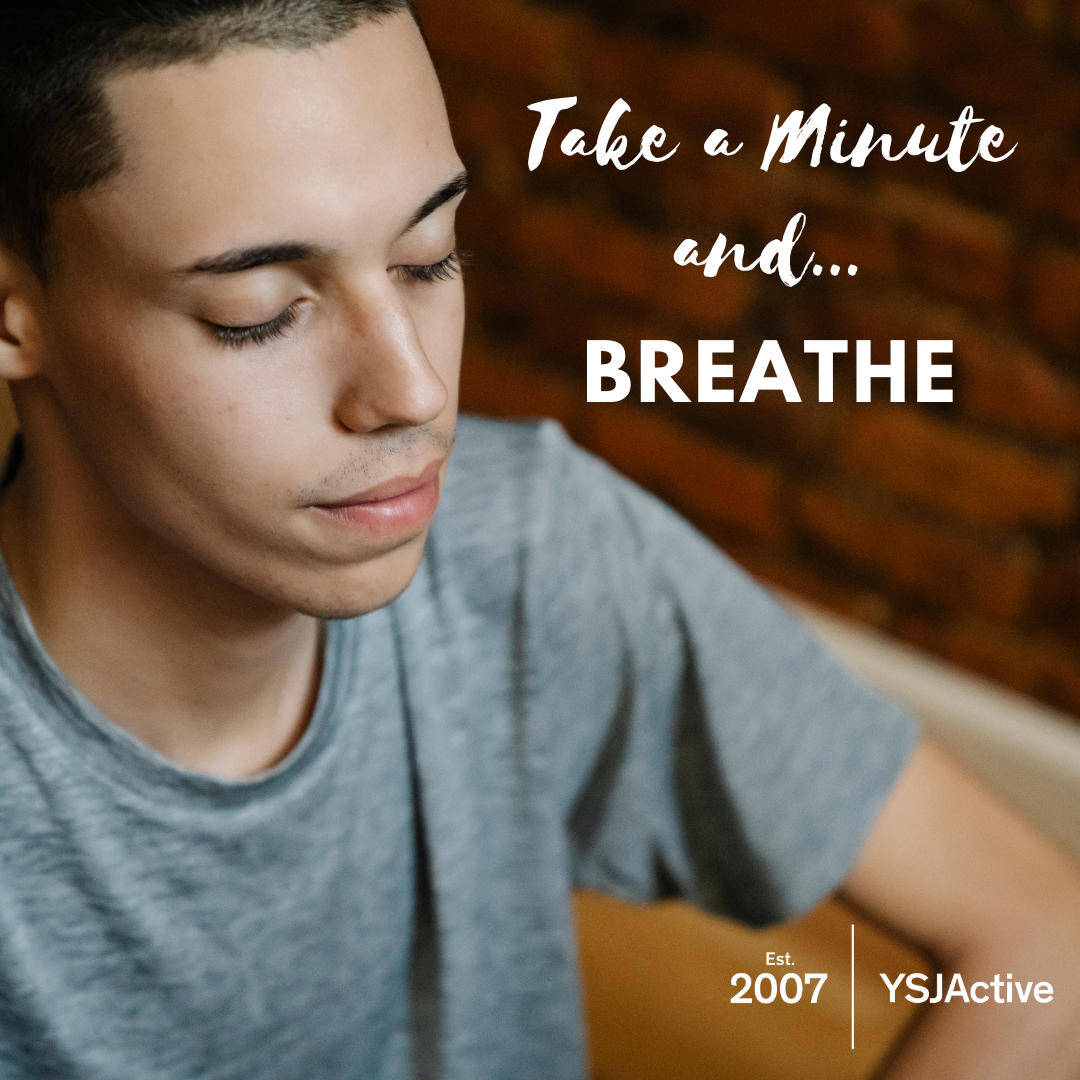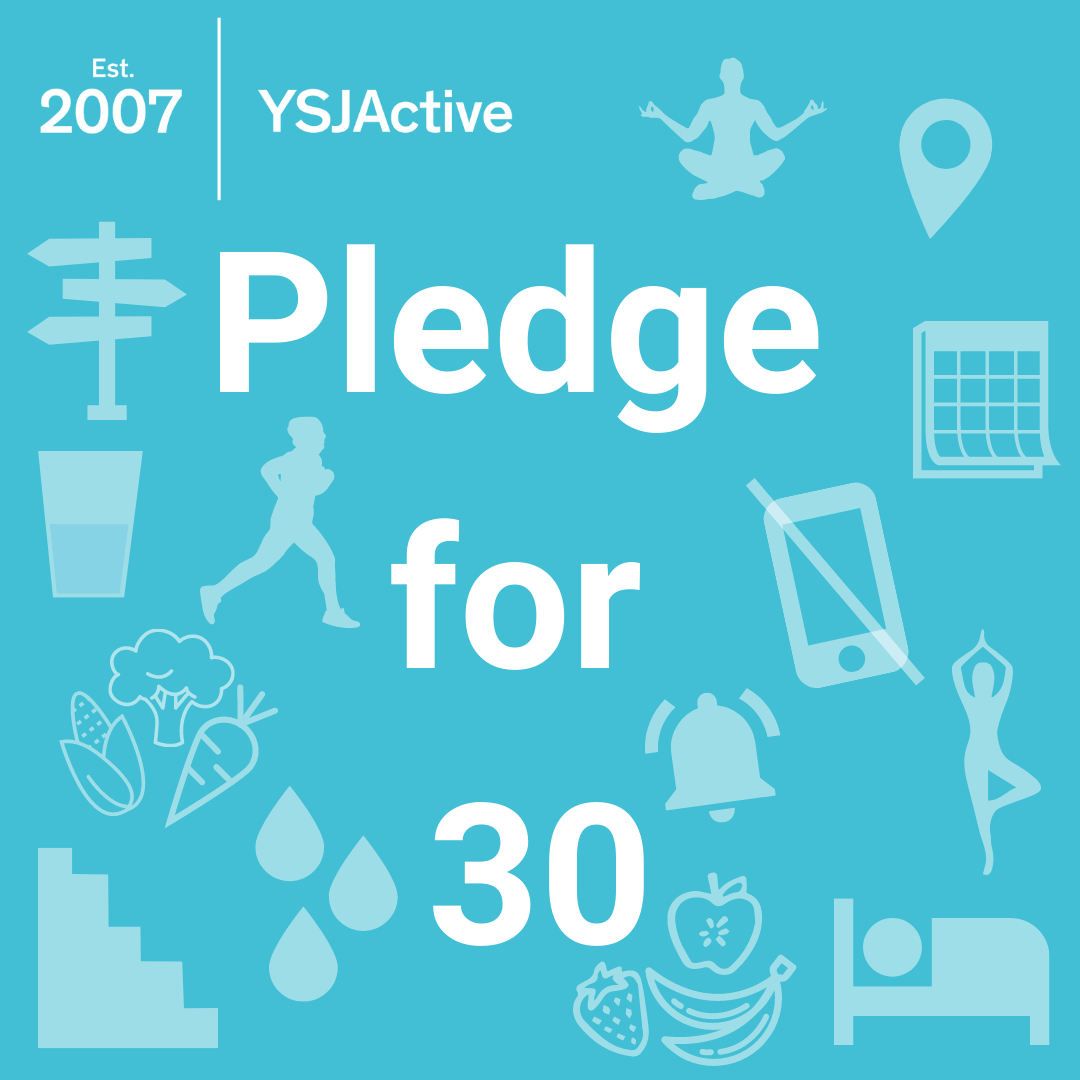The 5 Ways to Wellbeing are 5 key areas that have been identified as having an impact on our wellbeing. Through analysing how we feel we are doing in each of these areas and taking steps to improve them, we can help ourselves increase our mental and physical health and wellbeing.
Connect
Be Active
Learn
Take Notice
Give
Connect
Connecting with others is important for emotional support, creating a sense of belonging, increasing feelings of self-worth and giving us the opportunity to help others. Connecting with others can also reduce feelings of isolation, loneliness and improve our wellbeing.
Some ideas how you can connect with others are:
Try to take time each day to stay in touch with family, friends and colleagues, however you can. Making a phone call or going to see someone instead of sending an email gives us more opportunities to interact with people.
If you have a hobby or an interest you could find an online community dedicated to this and participate in it. For example, if you love photography you could join a forum discussing this and sharing your work.
Taking an online (or face to face) course can provide us with the opportunity to meet new people, possibly with a shared interest.
Being active can also provide lots of opportunities for connecting through classes, going to the gym, walks and other groups relating to exercise.
Be Active
Exercise has strong links to wellbeing and has a positive impact on our mental and physical health. Regular physical activity can help to improve sleep, which is crucial for our moods, functioning, weight, immune system and more.
Exercise can help us to feel calm, energised, confident and proud of ourselves and increase our self-esteem, which can boost our moods. It can also help us to manage our weight, reduced the risk of developing non-communicable diseases, improve our bone health, strength and coordination.
Adding mindfulness activities to your exercise can increase the benefits for your mental and physical health. While exercising try doing some or all of the following: notice your breathing pattern, identify the sensations you can feel such as the wind on your skin, pay attention to the feeling of your feet striking the ground, notice which muscles you’re using and pay attention to the feelings in your body. It may also be helpful to acknowledge the positive emotions you’re experiencing during your exercise, do you feel proud of yourself, strong, powerful, energised and good?
If you’re struggling with being active daily try making little changes to start with such as:
– having a walk at lunchtime
– getting off the bus early and walking the rest of the way
– taking the stairs
– following a short yoga routine every day
– before you sit down do 5 bodyweight squats each time
The key is to identify what kind of physical activity you enjoy and do that, aiming for around 30 minutes a day of moderate intensity exercise and muscle strengthening exercise twice a week. If you need help getting started, please contact us and we’ll do our best to help.
Learn
Learning can provide us with new and better opportunities such as a different career, promotion or further education, and can increase our quality of life. Learning can help us uncover new points of view, hear new voices and different opinions and help us to better understand the world we live in.
Learning and achieving can be very rewarding and can boost our self-esteem, which helps us with developing coping skills and dealing with negative things, thus protecting our mental health. Learning can provide us with opportunities to connect with people too, giving us the chance to meet new people we might have something in common with due to taking the same course.
Learning can provide us with mental stimulation and can prevent us from feeling bored. It has also been shown to reduce depression in older adults and is said to offer some protective factors against developing dementia.
If you’re learning for yourself (not because you have to for work etc) chose something that appeals to you and that is not likely to cause you additional stress, such as having to complete exams. Some ideas for learning include: taking up a new hobby, researching subjects/topics that interest you, learning a new language, taking a short course, doing a project such as home improvement or joining/starting a book club. There are a number of free courses available online, covering a range of topics.
If you want to learn something but you’re not sure what, have a think about what interests you, whether there’s a subject or area that you’ve often thought about, or if you’re planning a trip somewhere that might inspire you to learn a language or the place’s history and customs.
Take Notice
Taking the time to take notice of the present moment, what is going on around us and our thoughts and feelings can benefit our wellbeing and allow us to enjoy and immerse ourselves in the present. This is often known as mindfulness.
Increasing our awareness of the present moment can also help us to understand ourselves better by noticing our thoughts and feelings, and give us more enjoyment in our day to day lives. Being mindful is also said to help us make thought out decisions that are inline with our motivations and values.
Tips to help you take notice in your daily life include:
– Take the time to savour the food you eat, focusing on the different flavours and textures
– Acknowledge bodily sensations such as the sun on our skin or the wind through our hair
– Go for a walk and be aware of your surroundings, try to find something you’ve never seen before
– Give a name to any thoughts or feelings you experience, this can help us to acknowledge them, explore why we’re having them and deal with them.
– Doing a short mindfulness exercise everyday
– Go somewhere new for lunch or a walk
– Get a plant and care for it
Give
Research shows that people who commit acts of kindness, volunteer or help others report feeling happy, having a purpose, increased feelings of self-worth and achieving a sense of reward. Giving can also help us to connect with other people and feel a part of our community and environment. Depending on what’s undertaken, we may also be able to be active, take notice and learn.
Giving can include more formal, larger commitments like volunteering, or small, informal acts of kindness.
Small, informal examples of giving could include:
– Taking the time to really check in with family, friends and colleagues. If you’re concerned you could ask someone how they are twice. For example, you might ask how someone is and if you feel their answer doesn’t match how they seem, you might follow up with something like “are you sure you’re ok? You don’t seem yourself, I’m here if you’d like to talk”
– Donating to charity, such as clothes, books or money if you’re able
– Litter picking in your local area (make sure you’re safe)
– Doing someone’s shopping or helping them with some tasks
Larger, more formal examples of giving could include:
– Befriending someone
– Volunteering with an organisation or charity
– Organising a fundraising event
– Organising a collection, such as clothing, that will be donated
– Gardening, tree planting or a larger more organised litter collection activity like a beach clean
Research suggests that wellbeing is increased when we carryout an act of kindness once a week for six weeks.

